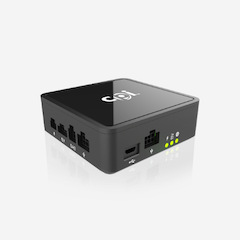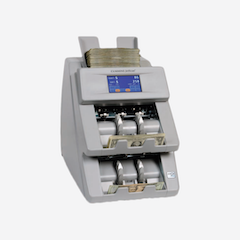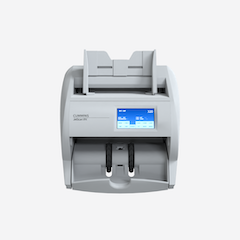The U.S. penny is on its way out. While headlines highlight cost savings for the Mint (producing a penny costs nearly four times its face value) the real story for retailers and financial institutions is legal risk and operational complexity. Without a federal rounding standard, businesses face a patchwork of state laws and consumer protection statutes that can turn a simple cash transaction into a compliance nightmare.
The Legal Landscape
The elimination of the penny doesn’t just affect your coin drawers, it impacts your compliance obligations. Here’s what’s at stake:
- Cash Discrimination Laws: Many states and cities prohibit charging cash customers more than card users. Rounding up could trigger lawsuits.
- SNAP Compliance: Federal SNAP rules require equal treatment for cash and benefit transactions. Inconsistent rounding can violate these provisions.
- Consumer Protection Exposure: Advertising one price and charging more, even by a penny, can violate deceptive practices laws, leading to class actions and triple damages.
Until Congress acts, these risks remain real.
Enter the Common Cents Act
To address this uncertainty, Congress introduced the Common Cents Act (H.R. 3074 / S. 1525). This legislation would:
- End penny production within one year of enactment.
- Require cash transactions to be rounded up or down to the nearest five cents, creating a uniform national standard.
- Preserve pennies for numismatic collectors only, ensuring historical continuity without operational burden.
If passed, the Act will supersede state laws and eliminate the compliance gray area. Until then, businesses must navigate a fragmented legal environment.
Best Practices for Compliance
While we wait for federal clarity, here’s how to protect your business:
- Adopt a Consistent Rounding Policy: Use a symmetric model (like Canada’s) to ensure fairness: round down for 1¢ and 2¢, up for 3¢ and 4¢, and so on.
- Document Everything: Keep written policies and train staff to apply them consistently across all locations.
- Communicate Clearly: Post signage, update receipts, and prepare scripts for associates to explain changes to customers.
How Others Are Handling It
Retailers aren’t waiting for Congress—they’re adapting:
- McDonald’s: Rounds cash transactions to the nearest nickel. A $10.22 order becomes $10.20; $10.23 becomes $10.25. Card payments remain exact. [cbsnews.com]
- Wendy’s: Advises restaurants to round down to the nearest nickel when pennies are unavailable. [cbsnews.com]
- Kwik Trip: Rounds down to avoid customer friction, absorbing the cost. [usatoday.com]
- GoTo Foods (Auntie Anne’s, Cinnabon): Recommends rounding in the customer’s favor to maintain goodwill. [rollingout.com]
- Giant Eagle: Hosted penny exchange events—customers traded pennies for gift cards worth double their value, helping the retailer stock pennies for change. [cbsnews.com]
- Kroger: Posts signage asking customers to provide exact change while continuing to accept pennies. [cbsnews.com]
CPI’s Role as Your Trusted Partner
At CPI, we understand that this transition isn’t just about coins. It’s about compliance, customer trust, and operational efficiency. Here’s how we help:
- Technology Readiness: Our coin-handling devices can be easily configured to support rounding logic. Most changes are DIY, and for larger organizations, our service team is fully trained to assist.
- Compliance Support: We provide signage templates, SOPs, and technical briefs for every product to ensure you meet legal requirements.
- Future-Proof Solutions: As Brent Patterson, CPI’s Director of Product Management, explains:
“Removal of the penny allows us to add in more nickels, more dimes, more quarters, and have longer fill periods… ultimately a win for our customers.”
By partnering with CPI, you minimize disruption, protect your reputation, and position your business for a smoother, more efficient future.
















































